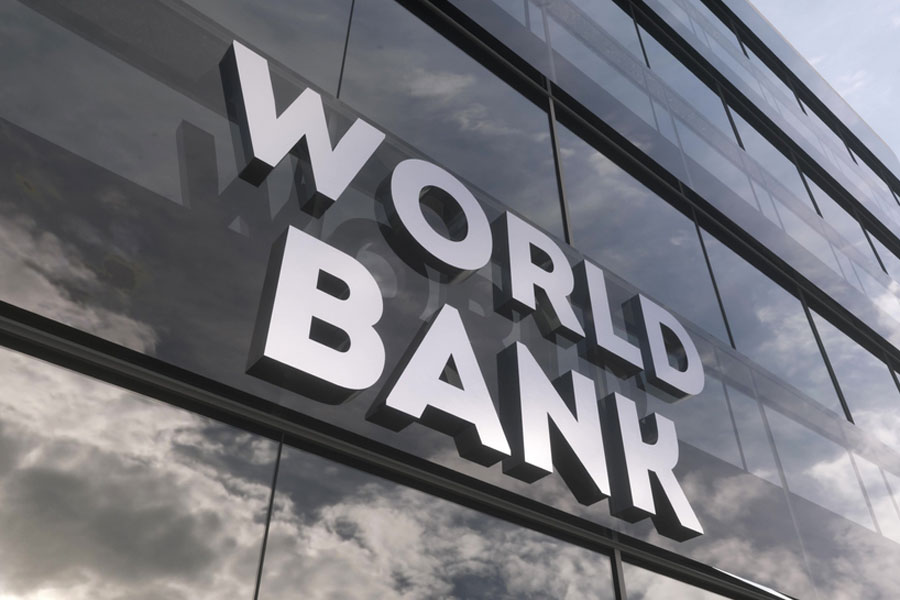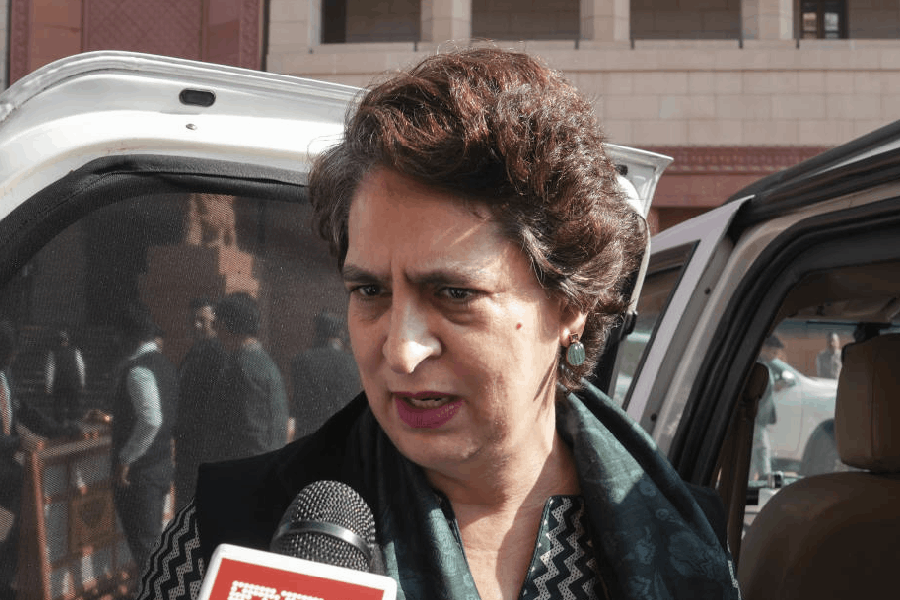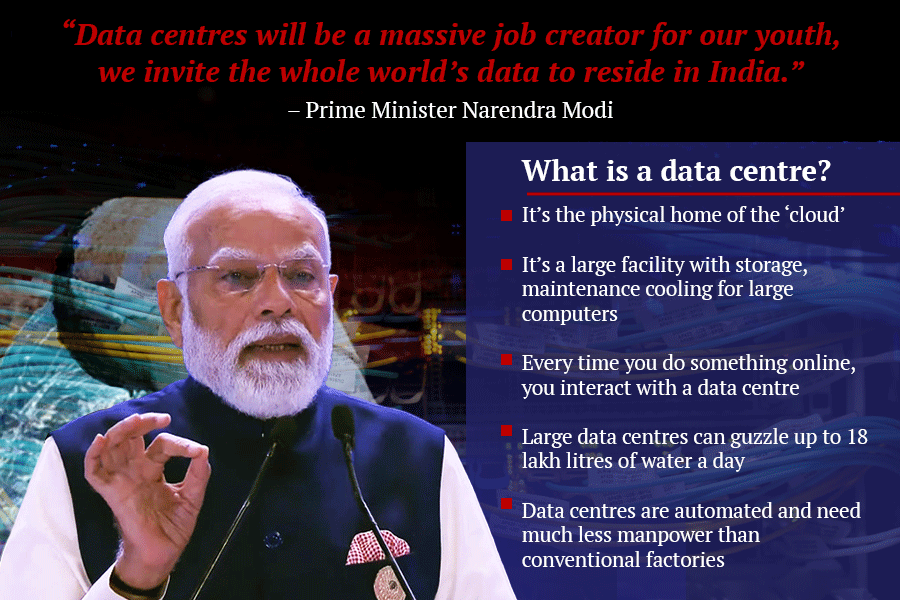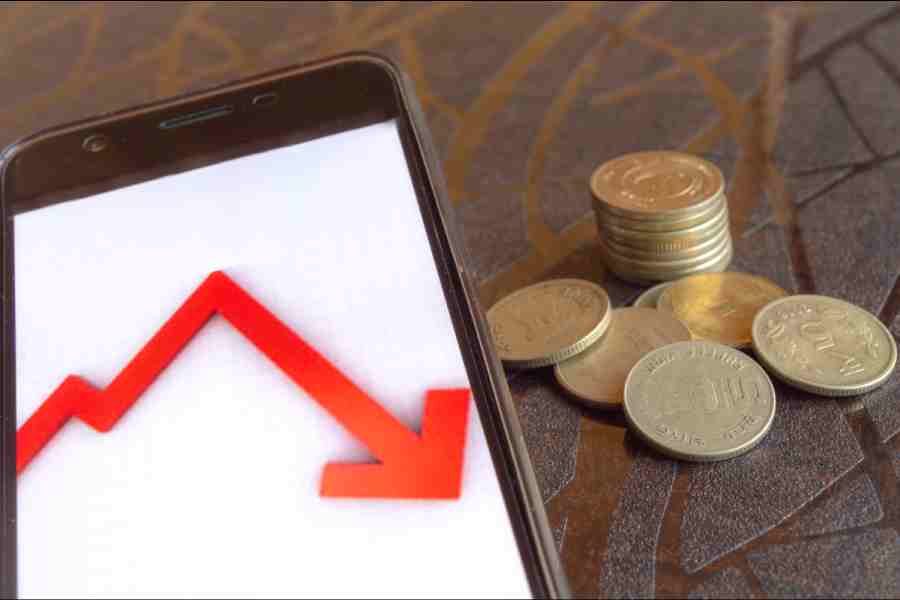The General Sales Tax has the largest marginal contribution to the rise of poverty while a monthly cash transfer programme to the poorest families has the largest positive impact on inequality reduction in Pakistan, a World Bank study has said.
‘The Effects of Taxes and Transfers on Inequality and Poverty in Pakistan’ reports that the General Sales Tax (GST) payments account for over 7 per cent households’ pre-tax expenditure, which leads to further impoverishment among poor and vulnerable households.
Dawn reported on Sunday quoting the World Bank (WB) study that estimations of the marginal contributions of individual fiscal instruments — or the additional impact that individual fiscal instruments have on poverty or inequality when all other fiscal instruments are included — demonstrate that GST has the largest marginal contribution to the national poverty increase.
The second-largest impact on inequality comes from pre-primary and primary education expenditures, the WB study said.
It also reported that the Benazir Income Support Programme (BISP), which provides cash to the poorest families on a monthly basis has the largest positive impact on inequality reduction. The BISP cash transfer demonstrates the largest marginal contribution to inequality reduction, it added.
The study suggests that, while moving forward, Pakistan should improve its domestic revenue mobilisation and public expenditure efficiency to generate greater fiscal space. The additional fiscal space should be prioritised to expand social expenditure and targetted transfers and to improve fiscal equity.
The report recommends expenditure reforms to improve the accessibility and quality of public health and education services in Pakistan, which could have long-term impacts in terms of poverty and inequality reduction.
It also finds faults with the taxation system of the country, which it claimed emphasises revenue collection from “more frequently impoverishing indirect taxes as well as regressive and inefficient subsidy expenditures” while de-prioritising progressive direct taxation.
The report further says that the most poor and vulnerable households are net payers into the fiscal system, meaning that benefits received are smaller in magnitude than taxes paid.
Except for the headline, this story has not been edited by The Telegraph Online staff and has been published from a syndicated feed.










